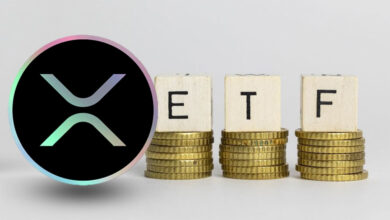UK’s FSA trials first use of blockchain

The Food Standards Agency has successfully completed a pilot using blockchain technology in a cattle slaughterhouse. It’s the first time blockchain has been used as a regulatory tool to ensure compliance in the food sector.
Sian Thomas, Head of Information Management, said: “This is a really exciting development. We thought that blockchain technology might add real value to a part of the food industry, such as a slaughterhouse, whose work requires a lot of inspection and collation of results. “
He added “Our approach has been to develop data standards with industry that will make theory reality and I’m delighted that we’ve been able to show that blockchain does indeed work in this part of the food industry. I think there are great opportunities now for industry and government to work together to expand and develop this approach.”
In this pilot both the FSA and the slaughterhouse had permission to access data, giving the benefit of improved transparency across the food supply chain. A further pilot is planned for July which will give permission to farmers to access data about animals from their farm.
The next action will be for further work to replicate this in other plants and ensure that all those across the chain get the full benefit of the new way data is managed and accessed as ‘permissioned’ data to the FSA, slaughterhouse and farmer.
If use of blockchain technology continues to show success in pilot, then its permanent use would need to be industry-led because the current data model is limited to the collection and communication of inspection results.
Having established a Food and Distributed Ledger Technology (DLT) collaborative group last year. The FSA continues to work with DLT experts from government, food sector, technology industry and academia on the use of blockchain, including regulatory compliance of food.





